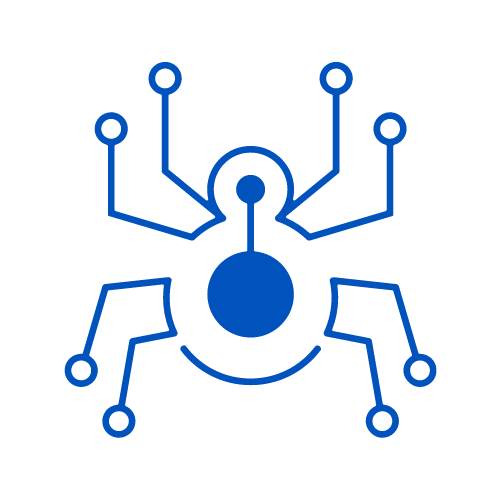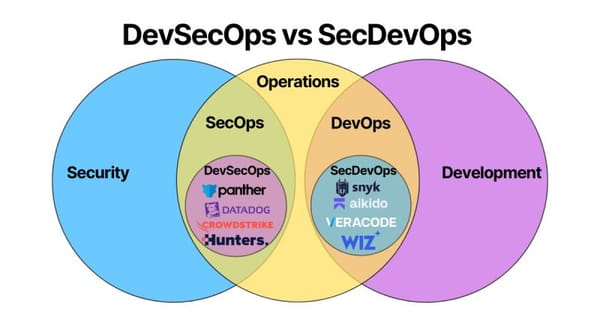The Evolution of Ethical Hacking: A Historical Perspective

In the ever-evolving landscape of cybersecurity, ethical hacking has emerged as a powerful tool in the defense arsenal. But where did it all begin? How did the concept of 'hacking for good' evolve over time? This article journeys through the annals of history, tracing the roots and evolution of ethical hacking and highlighting its significance in today's digital age.
Table of Contents
- The Dawn of Hacking: Curiosity and Exploration
- The 1980s: Rise of the Hacker Culture
- The 1990s: Birth of Ethical Hacking
- The 2000s: Mainstream Acceptance and Growth
- The 2010s and Beyond: Ethical Hacking in the Modern Era
- Conclusion
1. The Dawn of Hacking: Curiosity and Exploration
Before hacking had any malicious connotations, it was simply about exploration and understanding. Early computer enthusiasts in the 1960s and 1970s were driven by a desire to learn, experiment, and understand the intricacies of emerging computer systems.
2. The 1980s: Rise of the Hacker Culture
The 1980s saw the birth of the hacker culture. With the advent of personal computers and the early internet, a community of individuals emerged who were keen on exploring and sometimes exploiting these new technologies. While some hackers were motivated by mischief or personal gain, others were driven by a genuine desire to identify and fix system vulnerabilities.
3. The 1990s: Birth of Ethical Hacking
As the internet grew, so did the potential for cyber threats. Recognizing the need for a proactive approach to cybersecurity, organizations began to employ hackers to identify vulnerabilities in their systems. These 'white hat' hackers, or ethical hackers, operated with permission, using their skills to uncover weaknesses before malicious hackers could exploit them.
4. The 2000s: Mainstream Acceptance and Growth
The new millennium saw a surge in cyber threats, leading to a greater demand for ethical hackers. Certifications like the Certified Ethical Hacker (CEH) emerged, providing a standardized benchmark for skills and knowledge. Organizations, both public and private, began to recognize the value of ethical hacking in their cybersecurity strategies.
5. The 2010s and Beyond: Ethical Hacking in the Modern Era
With the proliferation of IoT devices, cloud computing, and advanced persistent threats, the role of ethical hackers has never been more critical. Bug bounty programs, where companies reward hackers for discovering vulnerabilities, have gained popularity. Ethical hacking has also found its way into academia, with institutions offering specialized courses and degrees.
6. Conclusion
From its humble beginnings as a pursuit of knowledge, ethical hacking has grown into a vital component of global cybersecurity efforts. As cyber threats continue to evolve, the role of ethical hackers in safeguarding our digital future remains paramount.





